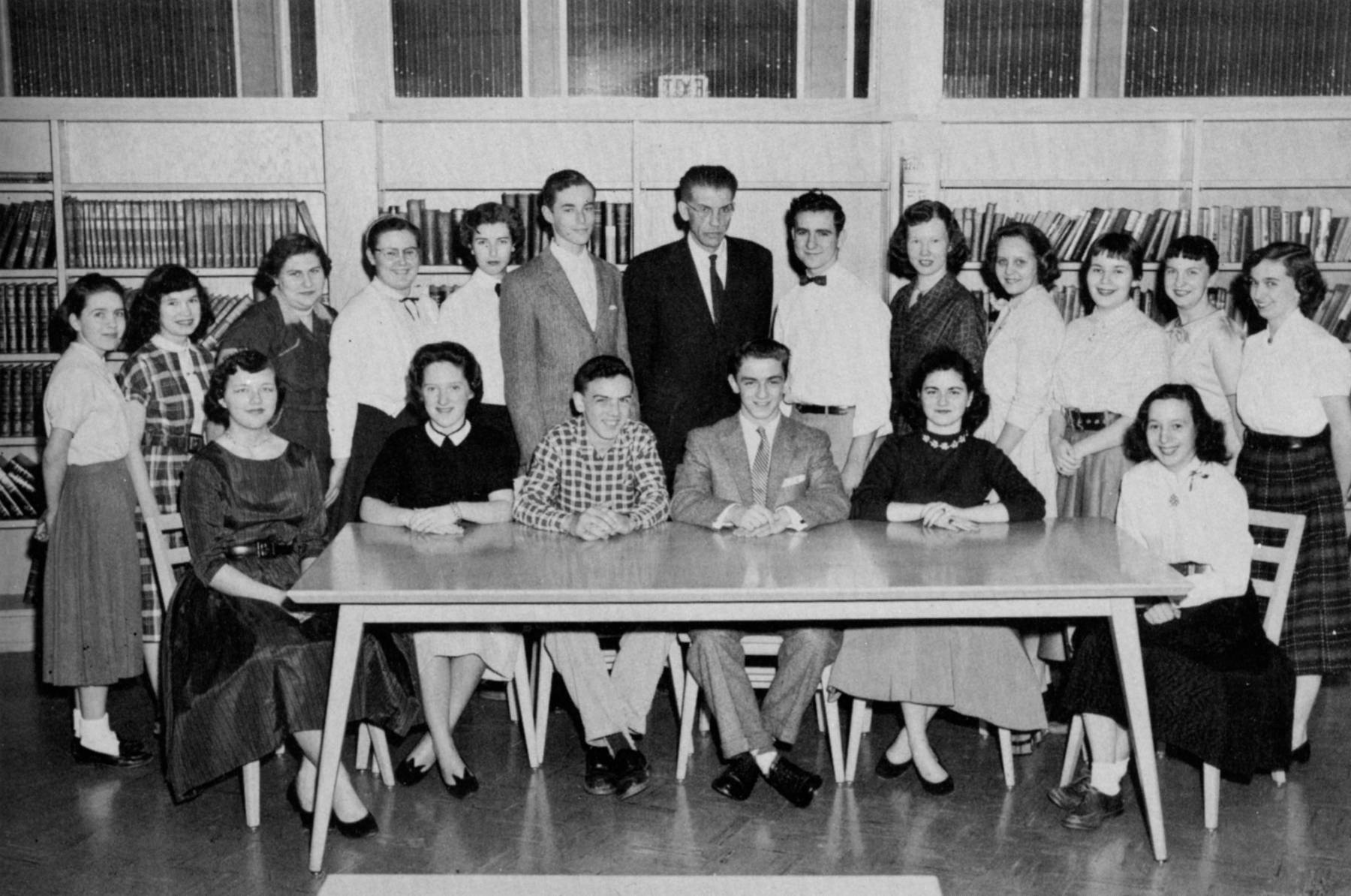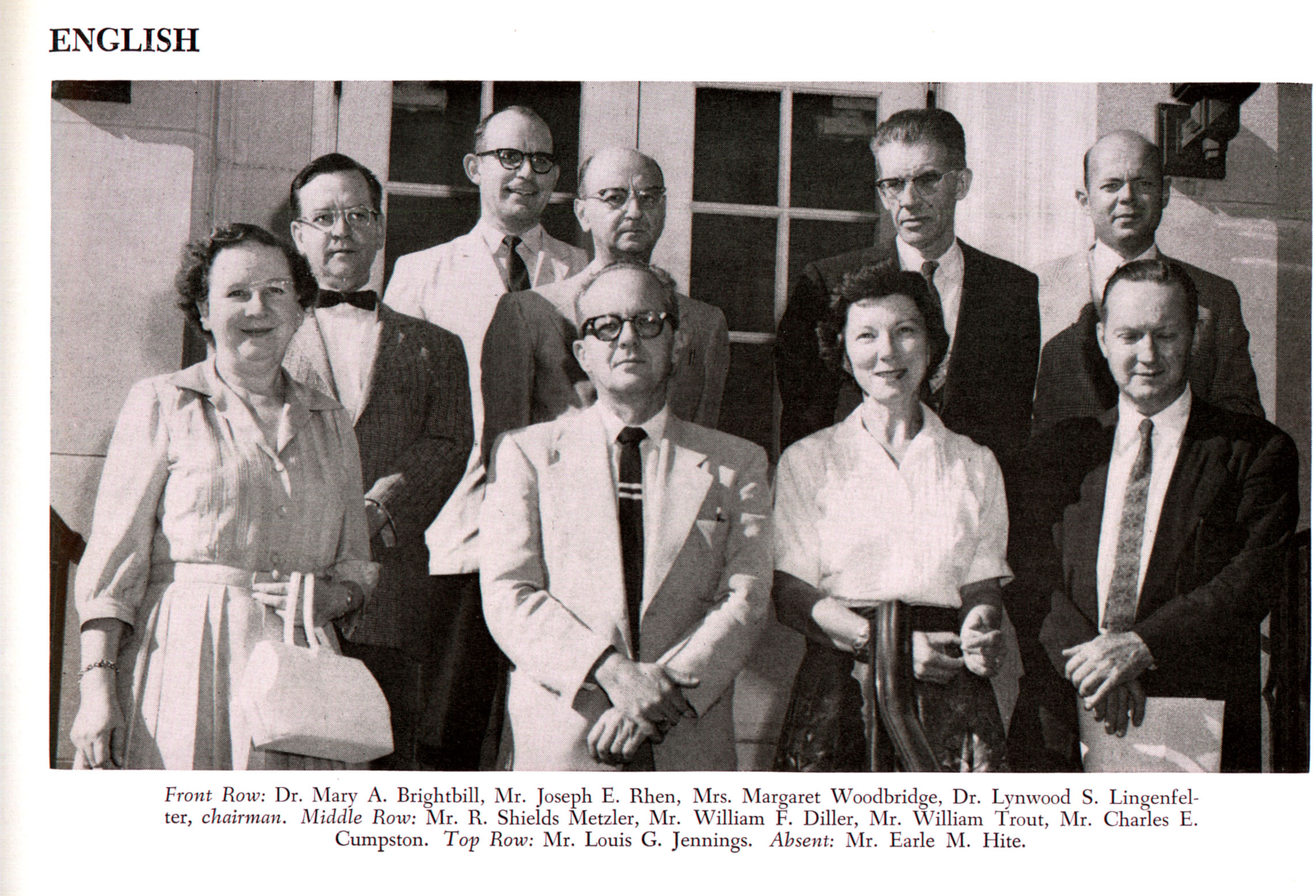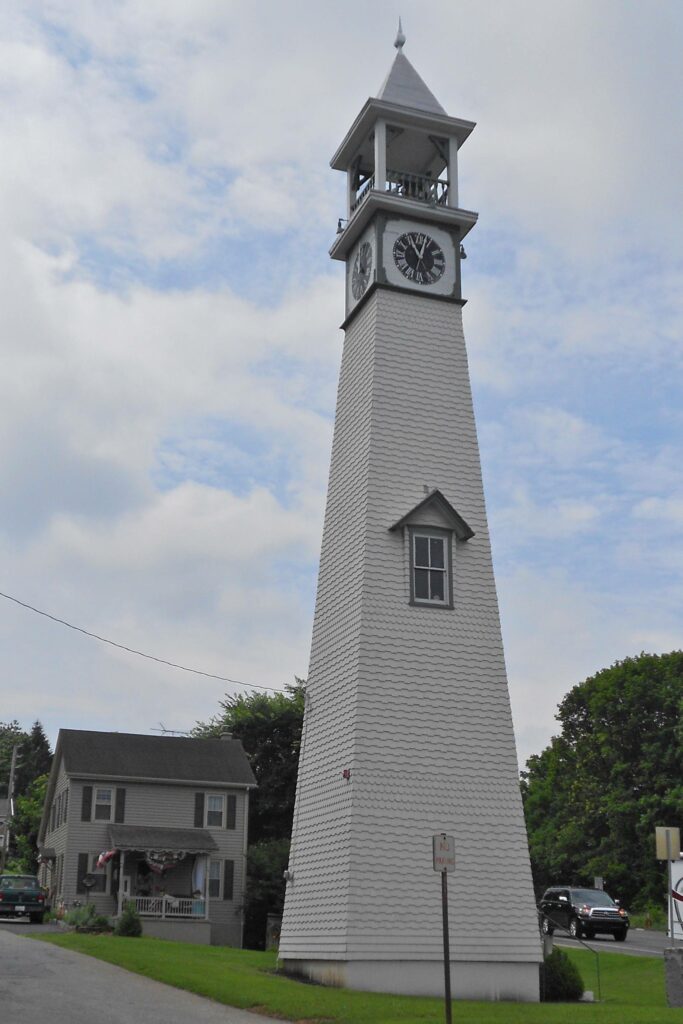Bio
About


Background
Lancaster Poet and Professor
William S. Trout (1909-1980) lived all his life in Lancaster County, Pennsylvania, where he began his public school teaching career in 1931 in a rural one-room school on Welsh Mountain, a few miles from his hometown of Gap, and later taught in junior and senior high schools in Gap and nearby Christiana before joining the English Department faculty at Millersville State College in 1958. During World War II, he left teaching to work as a welder at Lukens Steel Mill in nearby Coatesville. Trout was shy, self-effacing, and reclusive but much admired and loved by his students and colleagues. His extensive record collection and the well-thumbed and annotated scores he owned testify to his love of classical music and opera. He wrote more than 750 poems, none of which he sought to publish, and shared only a few of them with trusted friends.
Although primarily a lyric poet, Trout wrote in a variety of forms, including sonnets, free verse, and narrative, story poems. Place, time, and the personal past are recurring themes in Trout’s often rural-centered poems, which identifies him as something of a regionalist poet. The richness of his imagery makes him as much a poet of the eye as of the ear. Yet his poetry is rooted in wide-ranging intellectual interests and the experience of living in a small rural community. It is his sensitivity to feelings and intuition that account for his ability to create that distillate of emoting that is the essence of good poetry. His imagination, and the influence of Carl Jung (the “father” of analytical psychology), take Trout’s verse beyond literal reality, and at times into the realm of the unconscious. He is a contemplative poet, one of solitude and reflection who values thought over action. Trout’s poems are about place and time; about family, friends, and relationships; about illness, age, and death; about his views on politics and society; about exploring the natural world and the landscapes of the mind.

Read the poems
The Poems
Over 750 poems were written and recorded in his journals – and the book includes 172 of his poems.
By J. Terry Zeller
The book
Discover the influences, the life, and the poems of William S. Trout – Lancaster poet and professor.